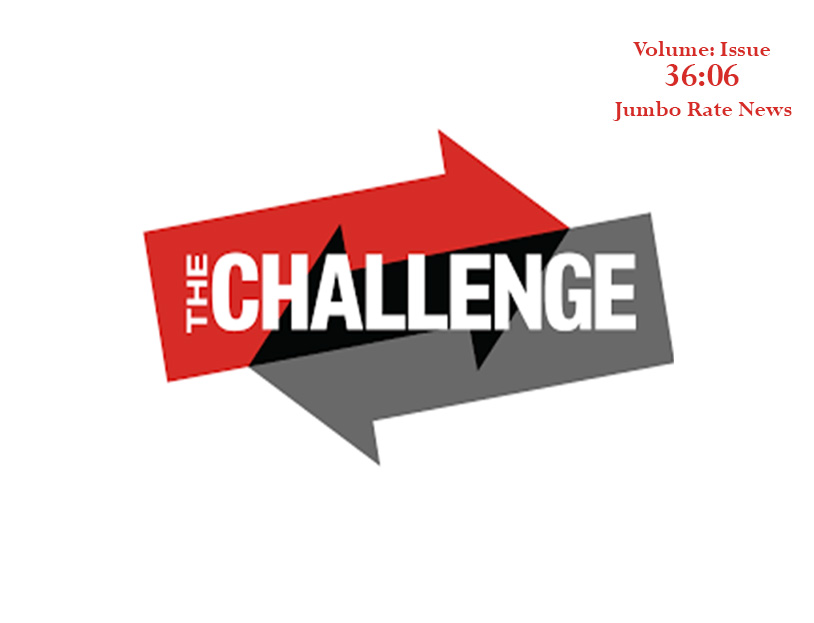At first glance, a federally-insured credit union may not appear to be much different from a federally-insured bank. Both carry the same deposit guarantees, backed by the federal government and both often offer similar deposit and loan products.
The primary difference is that credit unions are non-profit organizations, owned by their depositor members whereas banks are generally beholden to shareholders. Members of a credit union share a common bond, also known as a field of membership (FOM). That FOM can be anything from members of a church to an entire geographic area.
The FOM can also evolve. 3-Star Hudson River Financial FCU in NY, for example, was chartered in 1938 as Hudson River Teachers FCU. Its goal was to give teachers in the area a place that would provide personalized financial services especially to them. Over the years, the FOM grew from simply Educators to a multiple common bond FOM that was primarily educational. It grew so much in fact, that in October 2015, its name was officially changed to reflect that it was no longer just for teachers.
In 2018, Hudson River made another, broader change. In June, Hudson River Financial became a community credit union, able to serve anyone living, working, attending school or worshipping in Rockland or Westchester Counties in New York. In October, it added Putnam County to that list.
Hudson River is not the only credit union expanding its reach. There were at least 15 credit unions that either converted to community credit unions or expanded their reach as a community credit union in the first three quarters of 2018 alone.
Others have expanded their FOM by acquiring another credit union, like 5-Star Pentagon FCU, VA. Just last month Pentagon acquired Zero-Star Progressive Credit Union out of New York City. Progressive was in desperate need of a savior and with $383 million in assets, it needed a big one (for a CU); only 12% of the industry is larger than Progressive. With $24 billion in assets, Pentagon FCU, the third largest credit union in the nation, answered the call.
Another difference between banks and credit unions, is evidenced on page 7. The NCUA has an easier time finding acquirers for credit unions that are in trouble than the FDIC has for troubled banks.
There has been concern from the banking community about the PenFed/Progressive transaction and its implications for broadened FOMs going forward. The fact is, Pentagon FCU already has members in all 50 states and anyone can join even if they are not affiliated with any of branches of the armed forces. They can simply donate $17 to an eligible charity: either Voices for America’s Troops or National Military Family Association.
Had it not been for Pentagon stepping in, Progressive’s nearly 3,000 members would be left without a credit union. You may recall Progressive FCU from our previous articles regarding Taxi Medallion Loans (most recently in JRN 35:14 & 36). With a very strong capital position, we had high hopes for Progressive Credit Union when it first began to falter. However, once loan losses dug in, it deteriorated quickly. In fact, even though it was rated Zero-Stars based on September 30, 2018 financial data, Progressive was still considered “Well-Capitalized” by regulatory standards. By year-end, it was “Critically Undercapitalized” with a capital ratio of negative 1.58%! Hence the emergency.
That was highly unusual. Perhaps even more unusual is that Pentagon has no intention of calling in bad taxi medallion loans. They reportedly plan on providing time and liquidity, allowing the holders to continue to make a living while paying them off slowly.
Risky? Perhaps. There is evidence that some taxi drivers and medallion investors have already walked away from their loans. But Pentagon has a well-rounded loan portfolio, most of which is secured by either real estate or automobiles. Not so Progressive. Unsecured commercial loans, primarily taxi medallion loans, accounted for over 70% of all outstanding loans. Pentagon should be able to absorb those without too much problem and whatever it can collect on them will be a bonus since they are virtually worthless today.
The acquisition of $174 million asset 5-Star Fidelity Bank of Florida by $1.8 billion asset 5-Star Central Florida Educators FCU, is another story. As is the acquisition of $280 million 5-Star Citizens State Bank, FL by the $8 billion 5-Star Vystar CU, Jacksonville, FL. Both were announced last month. When a harsh regulatory environment makes it too difficult for community banks to compete on their own and forces them seek buyers—bank or credit union—then we have a problem.

